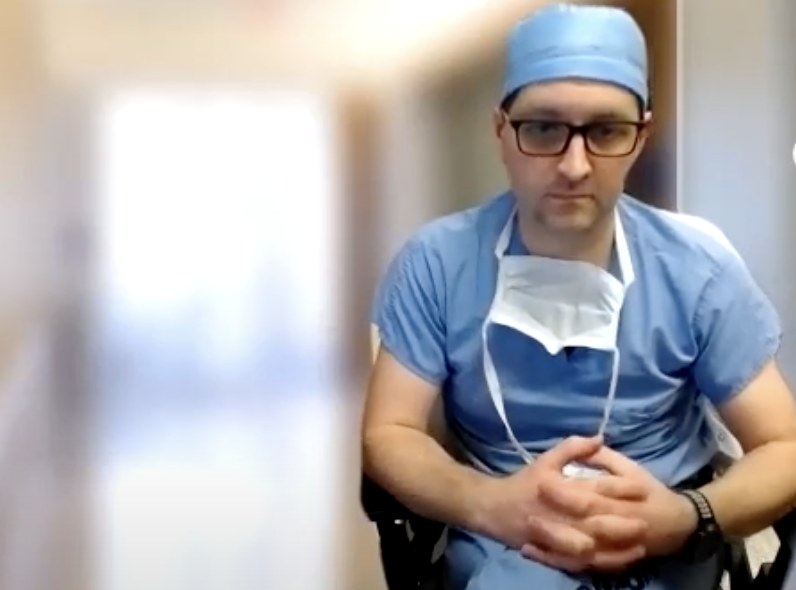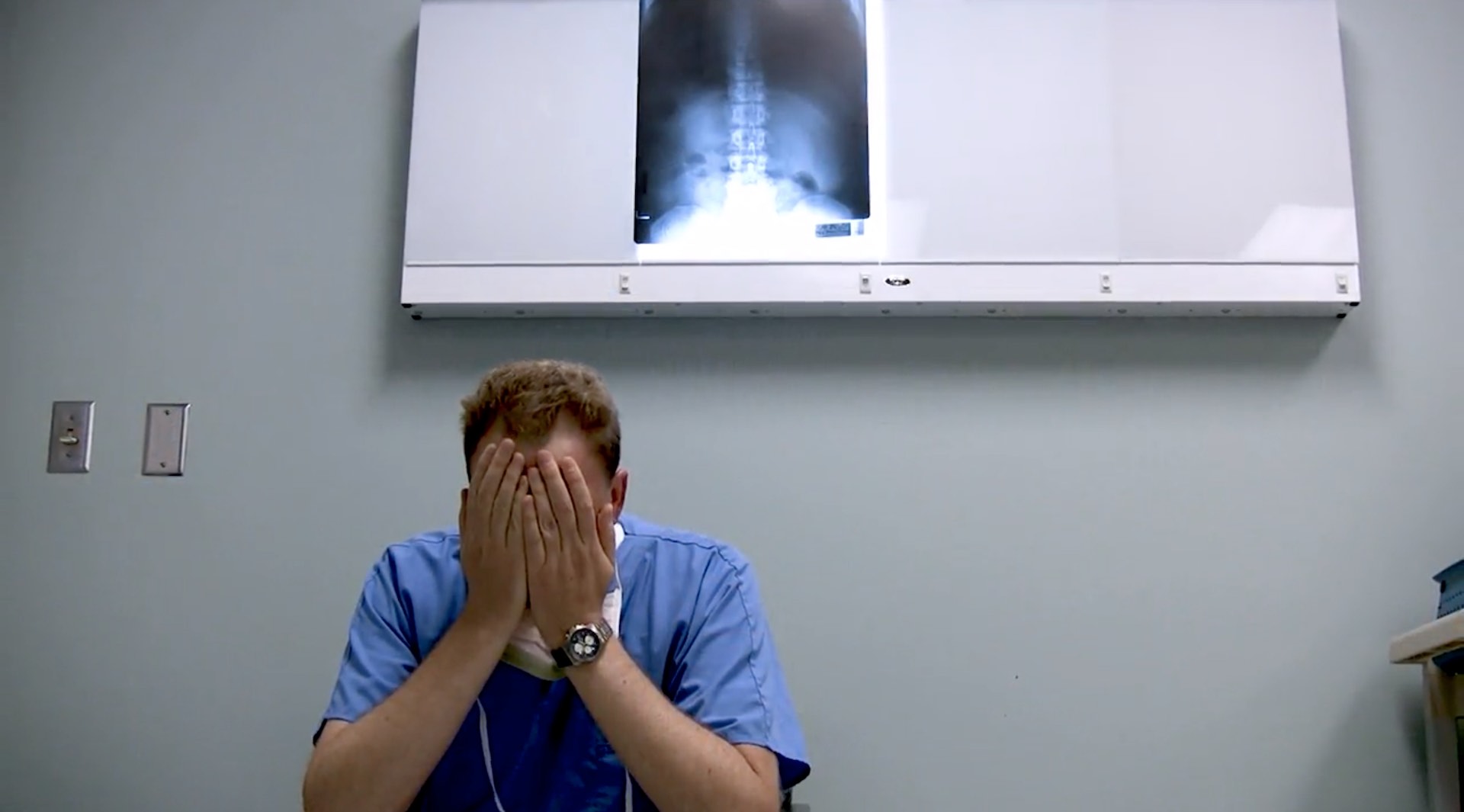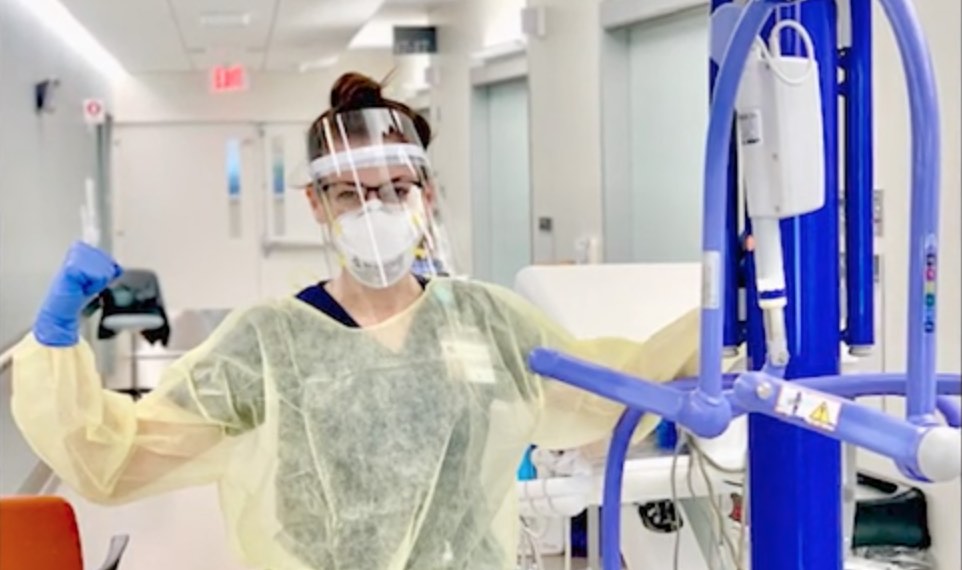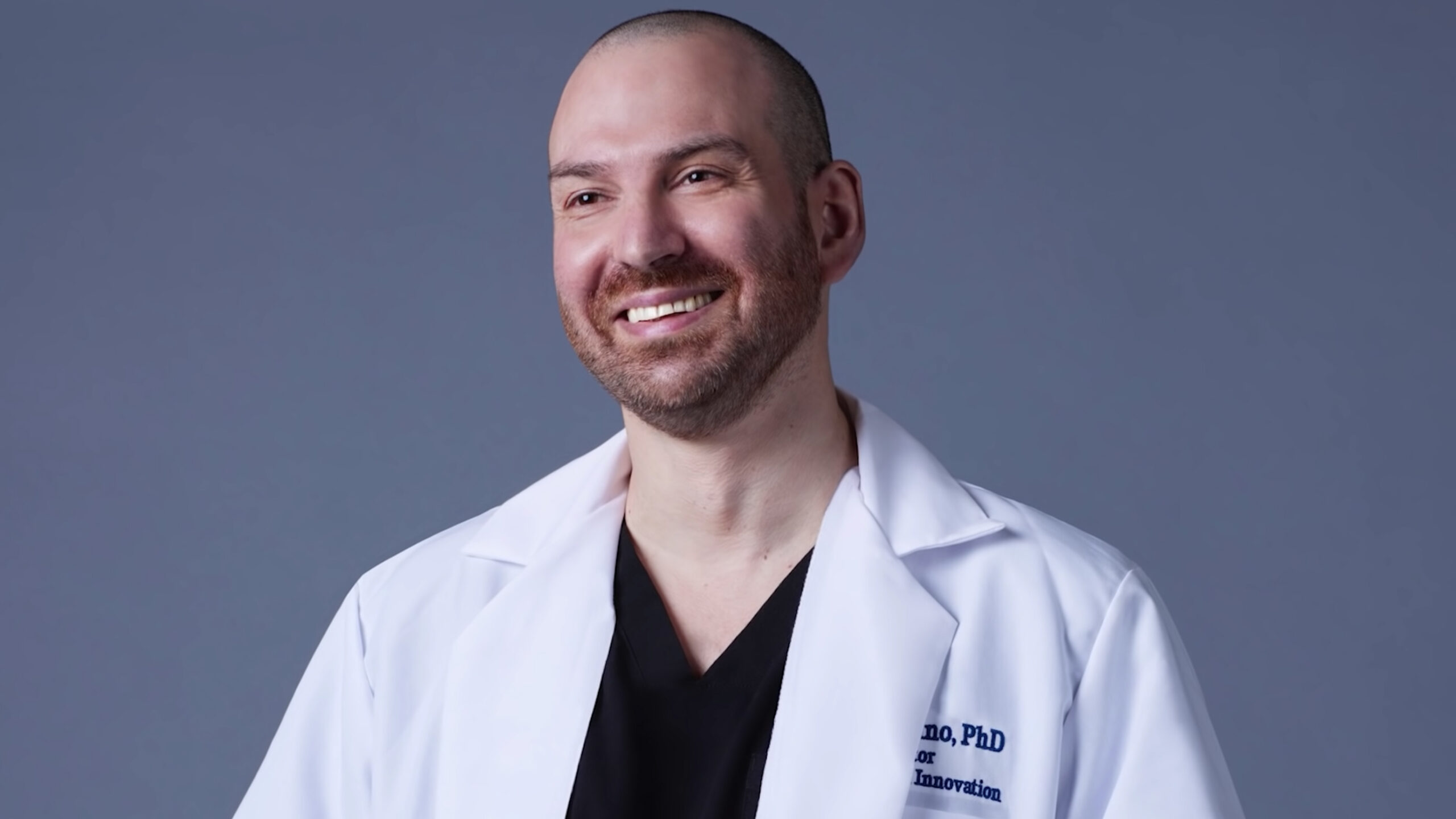Extreme hyperglycemia linked to antipsychotic use by elderly diabetics
Reuters Health • The Doctor's Channel Daily Newscast
July 30, 2009 • Critical Care, Diabetes, Endocrinology, Family Medicine, Hospitalist, Internal Medicine, Medical Students, Nurses/NP/PA, Pharmacists, Psychiatry & Mental Health, Reuters Health • The Doctor's Channel Newscast
NEW YORK (Reuters Health) – Upon starting an antipsychotic drugs, older patients with diabetes are prone to episodes of hyperglycemia severe enough to require hospitalization, Canadian researchers report in the Archives of Internal Medicine for July 27.
“In our study, first-time use of both atypical and typical antipsychotic drugs was associated with a large early increase in hyperglycemia events,” lead author Dr. Lorraine L. Lipscombe, at the University of Toronto, and co-investigators note.
Using linked population-based health databases from Ontario, Dr. Lipscombe’s group conducted a case-control study nested within a cohort of patients (age 66 or older) with diabetes who were newly treated antipsychotic agents. All had preexisting diabetes before they began treatment with an antipsychotic drug between 2002 and 2006.
Cases were cohort members hospitalized with hyperglycemia by the end of the observation period, which lasted until March, 2007. Both typical antipsychotic agents and second generation agents — olanzapine, quetiapine, and risperidone – were used.
The study cohort comprised more than 13,000 subjects with diabetes (mean age 78) newly treated with an antipsychotic. No diabetes medication was used by 40%, while 46% received one or more oral hypoglycemic agents, and 14% were treated with insulin.
Eleven percent of patients were hospitalized for hyperglycemia, and 38.3% died. Compared with no use of antipsychotic drugs in the preceding 180 days, current use raised the risk of hyperglycemia hospitalization in the entire cohort (adjusted rate ratio 1.50, p < 0.001).
“The risk of hyperglycemia was not increased among recent past users compared with remote users, suggesting that it is unlikely that treatment with these agents has a residual effect on hyperglycemia risk once the treatment is discontinued,” the authors contend.
The real shocker was observed among patients newly treated with antipsychotic drugs, for whom the likelihood of hospitalization was 8 to 15 times higher than among patients never treated with an antipsychotic drug. This outcome did not depend on the particular antipsychotic used. Nearly 70% of events occurred within 14 days of treatment initiation, “consistent with an immediate metabolic effect.”
The annual estimated number needed to harm was 21 for insulin-treated patients, 42 for oral agent-treated patients, and 37 for untreated patients
Dr. Lipscombe’s team advises physicians that “more careful consideration of the risk-to-benefit ratio of (antipsychotic) drugs is warranted in more vulnerable patients.”
They conclude: “Patients and their families should be alerted to observe for signs of glycemic decompensation when treatment with an antipsychotic agent is initiated, and enhanced glucose monitoring is recommended for all patients for whom an antipsychotic drug is prescribed, particularly after treatment initiation.”
Reference:
Arch Intern Med 2009;169:1282-1289.
“In our study, first-time use of both atypical and typical antipsychotic drugs was associated with a large early increase in hyperglycemia events,” lead author Dr. Lorraine L. Lipscombe, at the University of Toronto, and co-investigators note.
Using linked population-based health databases from Ontario, Dr. Lipscombe’s group conducted a case-control study nested within a cohort of patients (age 66 or older) with diabetes who were newly treated antipsychotic agents. All had preexisting diabetes before they began treatment with an antipsychotic drug between 2002 and 2006.
Cases were cohort members hospitalized with hyperglycemia by the end of the observation period, which lasted until March, 2007. Both typical antipsychotic agents and second generation agents — olanzapine, quetiapine, and risperidone – were used.
The study cohort comprised more than 13,000 subjects with diabetes (mean age 78) newly treated with an antipsychotic. No diabetes medication was used by 40%, while 46% received one or more oral hypoglycemic agents, and 14% were treated with insulin.
Eleven percent of patients were hospitalized for hyperglycemia, and 38.3% died. Compared with no use of antipsychotic drugs in the preceding 180 days, current use raised the risk of hyperglycemia hospitalization in the entire cohort (adjusted rate ratio 1.50, p < 0.001).
“The risk of hyperglycemia was not increased among recent past users compared with remote users, suggesting that it is unlikely that treatment with these agents has a residual effect on hyperglycemia risk once the treatment is discontinued,” the authors contend.
The real shocker was observed among patients newly treated with antipsychotic drugs, for whom the likelihood of hospitalization was 8 to 15 times higher than among patients never treated with an antipsychotic drug. This outcome did not depend on the particular antipsychotic used. Nearly 70% of events occurred within 14 days of treatment initiation, “consistent with an immediate metabolic effect.”
The annual estimated number needed to harm was 21 for insulin-treated patients, 42 for oral agent-treated patients, and 37 for untreated patients
Dr. Lipscombe’s team advises physicians that “more careful consideration of the risk-to-benefit ratio of (antipsychotic) drugs is warranted in more vulnerable patients.”
They conclude: “Patients and their families should be alerted to observe for signs of glycemic decompensation when treatment with an antipsychotic agent is initiated, and enhanced glucose monitoring is recommended for all patients for whom an antipsychotic drug is prescribed, particularly after treatment initiation.”
Reference:
Arch Intern Med 2009;169:1282-1289.









